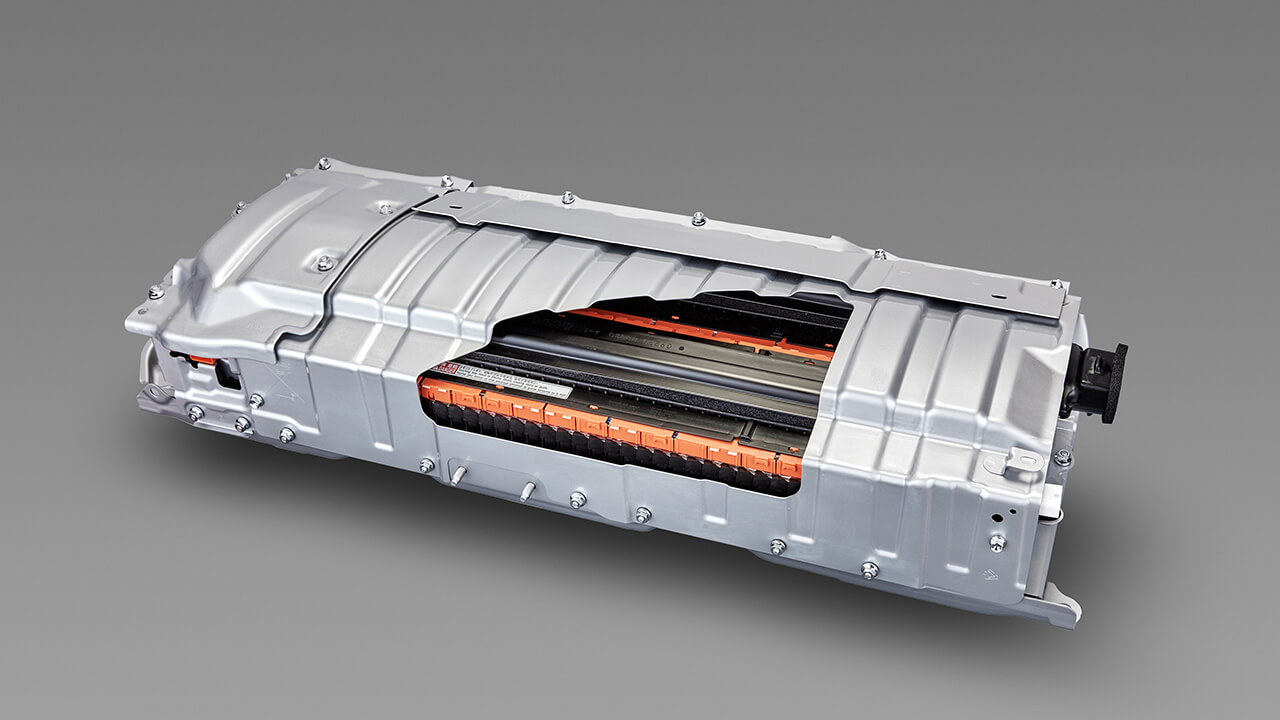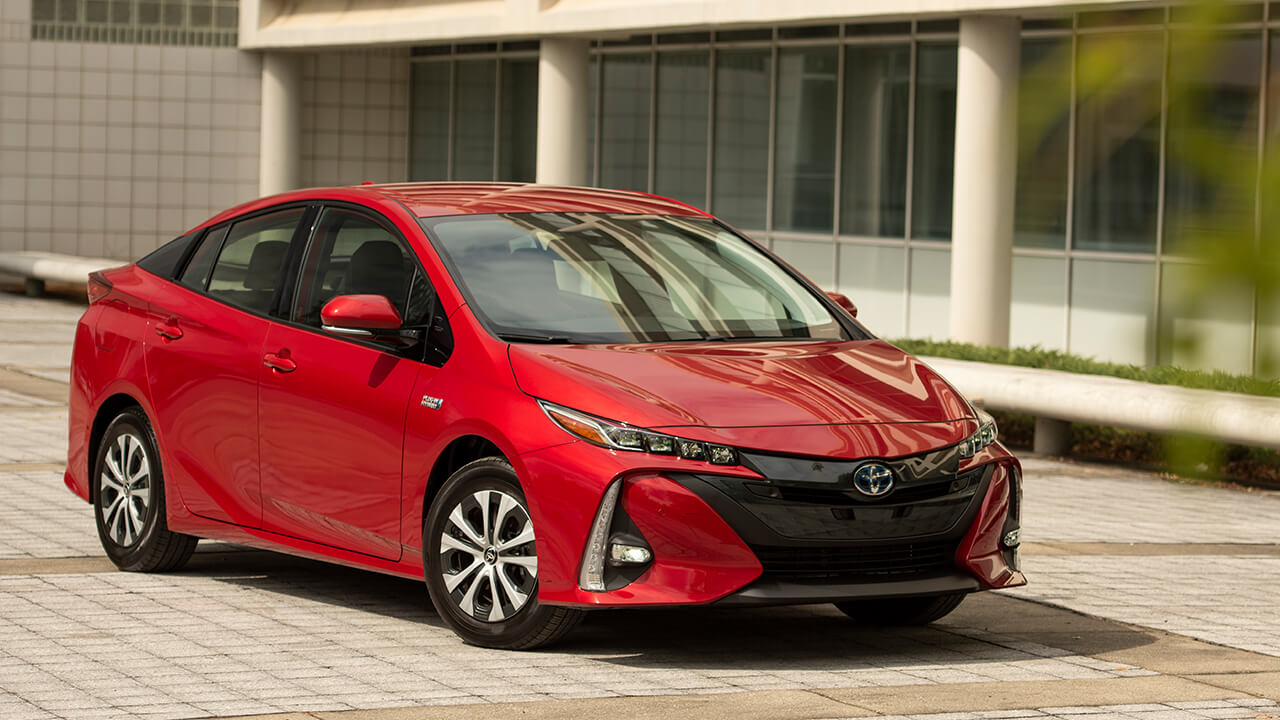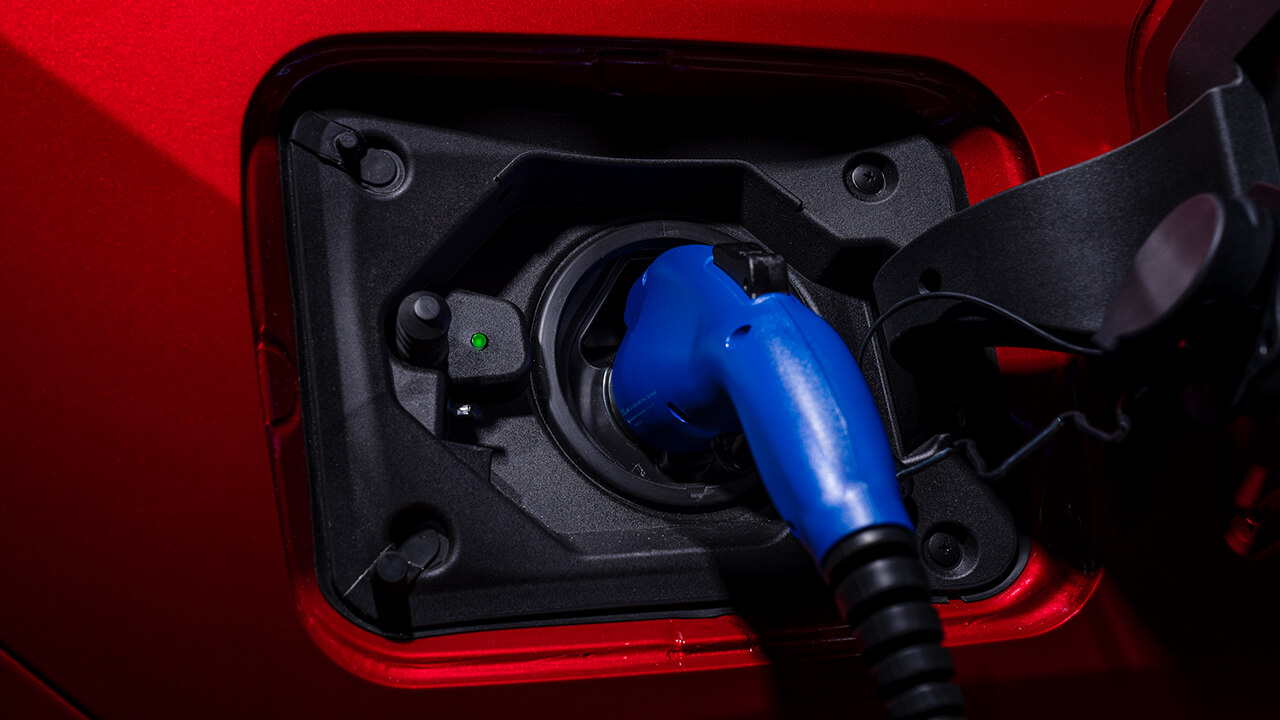The only thing people seem to agree on is that hybrids are better for the environment and get better gas mileage. But for some people, the uncertainties outweigh the known benefits.
While hybrid cars are still relatively new to the market, the technology is proven, regardless of some common misconceptions. Here are five myths about hybrid cars debunked — and how Toyota does hybrid cars better than other brands.
Q: Are hybrid vehicles especially prone to breaking down?
A: No.
Of course, no product is perfect. But the common fear that hybrid batteries are almost guaranteed to leave you stranded on the side of the road isn’t grounded in fact.
Consumer Reports wrote that customers found hybrid batteries to be reliable in the organization’s Annual Auto Survey. While batteries can be expensive, replacements are relatively rare, and used batteries work just as well for far less money. Consumer Reports even noted that the hybrid batteries of other popular brands had more reported problems than those in Toyotas.
Our coverage also gives you peace of mind for about a decade. All hybrid Toyotas made after 2020 now have warranties covering the battery for 10 years or 150,000 miles. Older models are covered for 8 years or 100,000 miles.
Q: Do hybrid vehicles have lower horsepower than gas-powered cars?
A: Not always.
Historically, most hybrid vehicles don’t have the same horsepower as their gas-powered counterparts. But those tides are starting to turn, especially with newer models. Toyota’s 2021 RAV4 Hybrid has 16 more horsepower than the gas-powered version. If you were towing a boat, that extra horsepower means you could tow at least 400 more pounds!
Other vehicles are now becoming hybrid-only and more powerful than ever. The 2021 Venza, which returned to the market as a hybrid after six years of absence, also has 219 horsepower. Back in just 2015, that number was 181 for a gas-powered Venza.
The gaps in horsepower are also growing smaller and smaller. For example, when the Avalon Hybrid first came out in 2012, the difference between it and its gas-powered sibling was 122 horsepower. Now in 2021, that number is 86. That’s a 30% decrease.
Even hybrid vehicles with lower horsepower have other benefits, though. A hybrid’s electric motor gives the vehicle better torque and quicker acceleration.
Q: Are hybrid vehicles more expensive?
A: Yes – but prices are lowering.
With the increased amount of technology that goes into making a hybrid, it's natural that it would cost a little more than your average gas-powered vehicle. But it’s also true that the price gap is shrinking.When the Prius first entered the U.S. market in 2000, it cost $19,950 – which would be about $31,000 now with inflation factored. But the 2021 model has a starting price of $24,525 – 20% less than the original model.

The same holds true with other models, too. Right now, it only takes $800 to upgrade a RAV4 to a hybrid model within the same grade – and you’re likely to save more than that in gas money during the vehicle’s lifetime.
Q: Hybrids have high-tech parts, so won’t they need more maintenance?
A: No.
While hybrids may be the stuff of the future, most models require no more maintenance than a traditional gas-powered car. In fact, maintenance can cost even less.
When you purchase a Toyota, routine maintenance is complimentary for two years or 25,000 miles through ToyotaCare. But after that, hybrids can help you save money. According to Consumer Reports, electric and hybrid-style vehicles cost 3 cents a mile to maintain and repair. However, internal combustion vehicles cost 6 cents per mile. That adds up to a total savings of $1,500 for hybrid and electric owners over 50,000 miles.
Q: Do I have to plug in my hybrid?
A: It depends on the model you have.
One fear surrounding hybrids is that you’ll have to plug them in for your vehicle to run. And in the Southeast, public charging stations are scarce or just not available.
However, Toyota offers two kinds of hybrids – those that plug in and those that don't. The plug-ins (known as PHEVs, or plug-in hybrid electric vehicles) can run solely on their electric charge for dozens of miles before switching to a regular hybrid mode. Only two of Toyota’s 2021 hybrid lineup are plug-ins – the Prius Prime and the RAV4 Prime.
The other eight 2021 hybrid models, however, use electricity in short spurts. They charge the vehicle’s electric battery using kinetic energy from braking instead of using electricity from a plug. This feature is how hybrids offer such good gas mileage – the vehicle pulls from electric energy instead of what’s in your tank.
Scrap the hybrid stereotypes – not the hybrid itself
These days, you see more and more hybrids on the road for a reason. We’ve finally hit a point where the technology is more affordable and more powerful – and Toyota is ahead of the curve when it comes to hybrid technology. We did sell the first mass-produced hybrid over 20 years ago, after all: the Prius.The one certainty is that hybrids are only bound to get better and better. To check out what hybrid vehicles are available near you, search here to find your nearest Toyota dealership.

